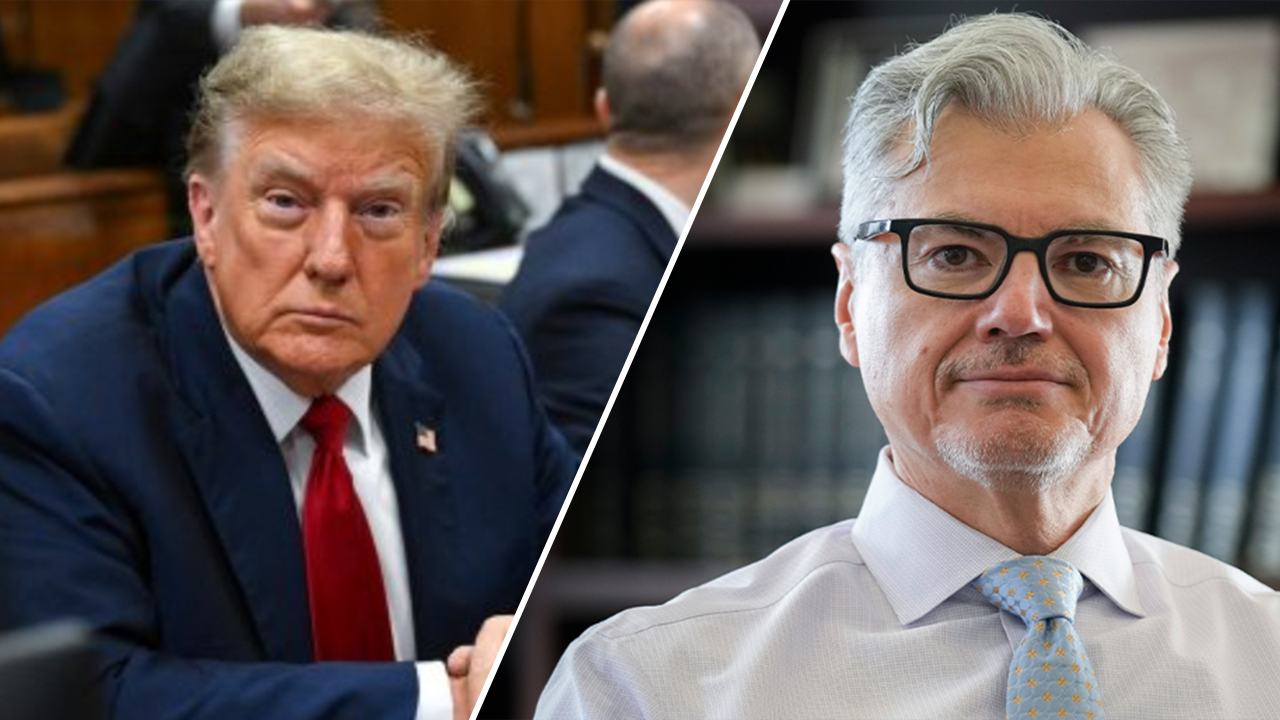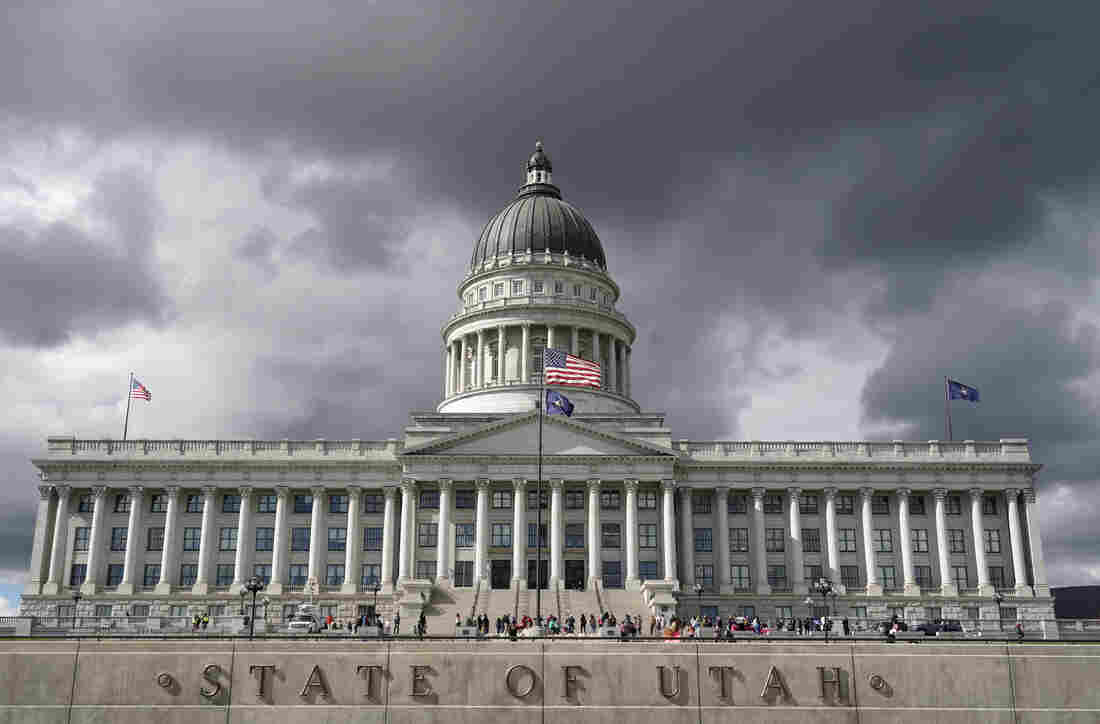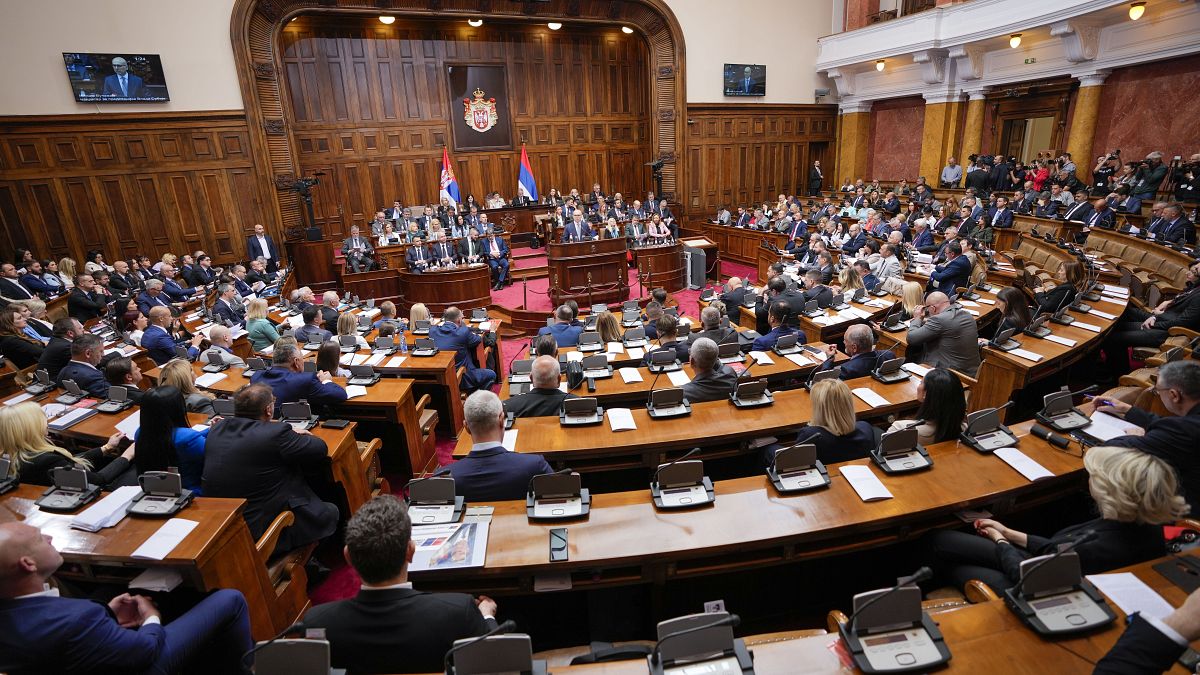The lesson from tech company earnings so far this year is that selling the infrastructure needed to build artificial intelligence services remains far more lucrative than selling the AI services themselves. Cloud computing divisions at Alphabet and Microsoft surpassed results in other parts of the business. Amazon makes it a hat-trick.
Amazon Web Services, the world’s largest cloud computing business, now has a $100bn annual run rate. In the past quarter it accounted for 17 per cent of total revenue but more than 61 per cent of total operating income. This performance drove overall profit at the company.
During the pandemic, Amazon’s huge expansion of warehouses, delivery infrastructure and headcount lifted operating expenses sharply just as revenue growth dimmed. Free cash flow was negative in 2021 and 2022. In response, it increased its debt and tightened up costs. Those moves are now paying off. In the quarter, the Seattle-based ecommerce and cloud company’s operating income and net income tripled. Trailing 12-month free cash flow topped $50bn.
The unanswered question is whether Amazon is on the cusp of another vast spending plan. It says that it plans to pay down debt and increase capital investment this year. But in a call with analysts, chief executive Andy Jassy was careful not to be drawn on questions of capital investment intensity and the long-term impact on profits. He may have been wary of reproducing the sort of downbeat share price reaction that Meta’s spending plans received last week.
Capital expenditure will rise this year. Amazon is pouring more money into data centres. But it is not clear how much it wants to spend on its own AI tools. It has positioned itself as a platform for multiple AI models but is also offering its own generative AI services to enterprise customers. It has expanded access to Q, a chatbot designed to act as an AWS assistant. At $20 per user a month this is cheaper than Microsoft’s Copilot or Google’s Duet AI. But Amazon offered little guidance about future revenue streams.
The second lingering question is how long it will be before Amazon joins Meta, Alphabet, Microsoft, Nvidia and Apple is paying a dividend. Those companies use the payments to prove they have the near-term interests of shareholders at heart even as they accelerate long-term spending plans. At Amazon, however, the resurgence of free cash flow is still fresh. Dividend payments may not be on the cards for 2024.
elaine.moore@ft.com


/cdn.vox-cdn.com/uploads/chorus_asset/file/25458735/onexplayer_comparo.jpg)



























